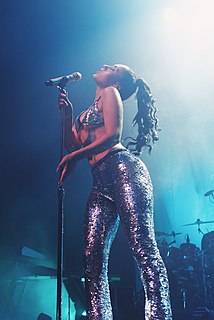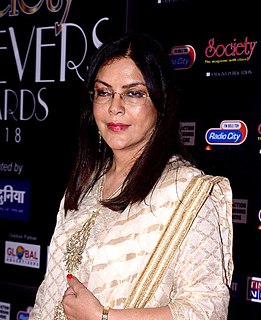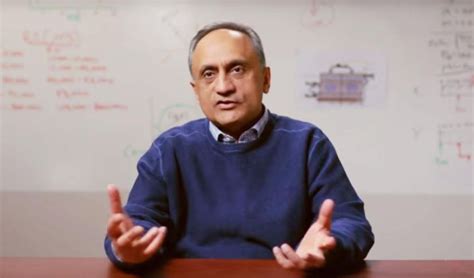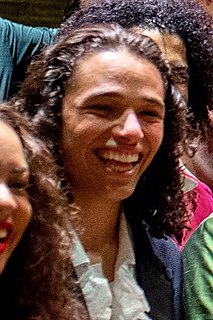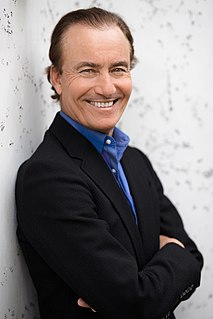A Quote by Kerry James Marshall
I decided that the whole idea of what it means to be an artist was that somehow you are ontologically oriented toward poverty : "As an artist, you don't make money." I had to figure out some kind of way to guarantee that I'd be able to continue doing the work that I wanted to do, whether I made money from the work I was doing or not.
Related Quotes
I didn't really care about money. I really wanted to follow my bliss. I really wanted to do the things that would make my life satisfying, in the fullest sense, and I was never thinking about money when I made those decisions. And I certainly didn't want my life to be driven by money. I'd seen my father's' life driven that way, and, although again, in retrospect, I understand fully why he did that, I didn't wanna live looking for that kind of financial reward. I wanted to live with the emotional, psychological, and even moral reward of doing the kind of work I do, which is, y'know, writing.
I see more and more that my work goes infinitely better when I am properly fed, and the paints are there, and the studio and all that... I wish I could manage to make you really understand that when you give money to artists, you are yourself doing an artist's work, and that I only want my pictures to be of such a quality that you will not be too dissatisfied with your work.
I'm a product of state schools. I had a working-class family. We had no books. I was the first to go to college. But I didn't really think about it, or about making money. I was just going to be an artist, and I've been fortunate. I've never had to work for anybody nor have I had to write for money. Maybe that's another reason that I've been able to be productive. I haven't had to use my writing to make a living.
If you talk to any filmmaker, and if you said to them, 'I guarantee you x amount of money per month for the rest of your life, and it's not a big amount of money, but I can also guarantee that you will work continually, you will get to make what you want to make,' any filmmaker on the planet will make that kind of deal. I would have made it.
Government programs aim at getting money for poor people. Our hope was that knowledge would in the long run be more useful, provide more money, and eventually strike at the system-causes of poverty. Government believes that poverty is just a lack of money. We felt, and continue to feel, that poverty is actually a lack of skill, and a lack of the self-esteem that comes with being able to take some part of one's life into one's own hands and work with others towards shared-call them social-goals.
I enjoy doing my work, and I don't want to deal with the other things. When you enjoy doing your work so much, why deal with where to show, how to show, what to do? If the artist finds the right gallery which respects their work and gives them that freedom to do whatever they want to do, the artist can focus on his work.
I thought, 'Okay, what's going to be my edge, and how am I going to define what I'm doing differently?' Once I had that key idea of the software developer as an artist, once I had that idea, a whole bunch of other ideas flowed from that, because I realized that I need to go study the music industry, I need to study the book publishing and Hollywood and figure out how they do things, why they do them that way, and then I need to borrow, and rearrange, the things that they're doing to fit my industry so that I can invent and create this new industry.
You just have to work really hard and throw everything into it. ... It's really hard to be an artist, and even if you do work really hard, there's no guarantee about anything. There's no advice you can give someone that things will somehow work out, but you can talk to people about how they can make art a big part of their life.

